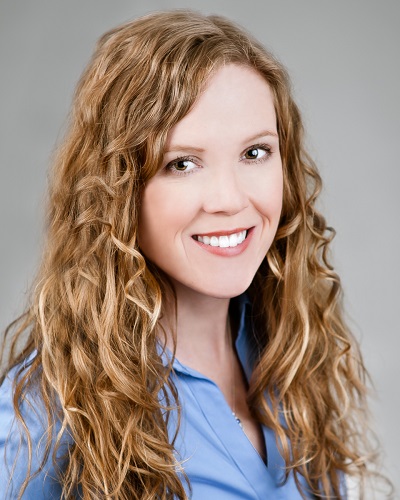Melissa's Mental Health Awareness Month Story
I have always suffered with Generalized Anxiety Disorder, but really hit rock bottom about 5 years ago after my hysterectomy. About 18 years ago after the birth of my first child I suffered some complications. To this day, I can replay every moment - this is when the doctors diagnosed me with PTSD.



 PTSD is an invisible monster. It disguises reality. When I was sucked into what I learned to call the trauma vortex, I often couldn’t distinguish between what was real and what wasn’t. I thought I was going crazy.
PTSD is an invisible monster. It disguises reality. When I was sucked into what I learned to call the trauma vortex, I often couldn’t distinguish between what was real and what wasn’t. I thought I was going crazy.




